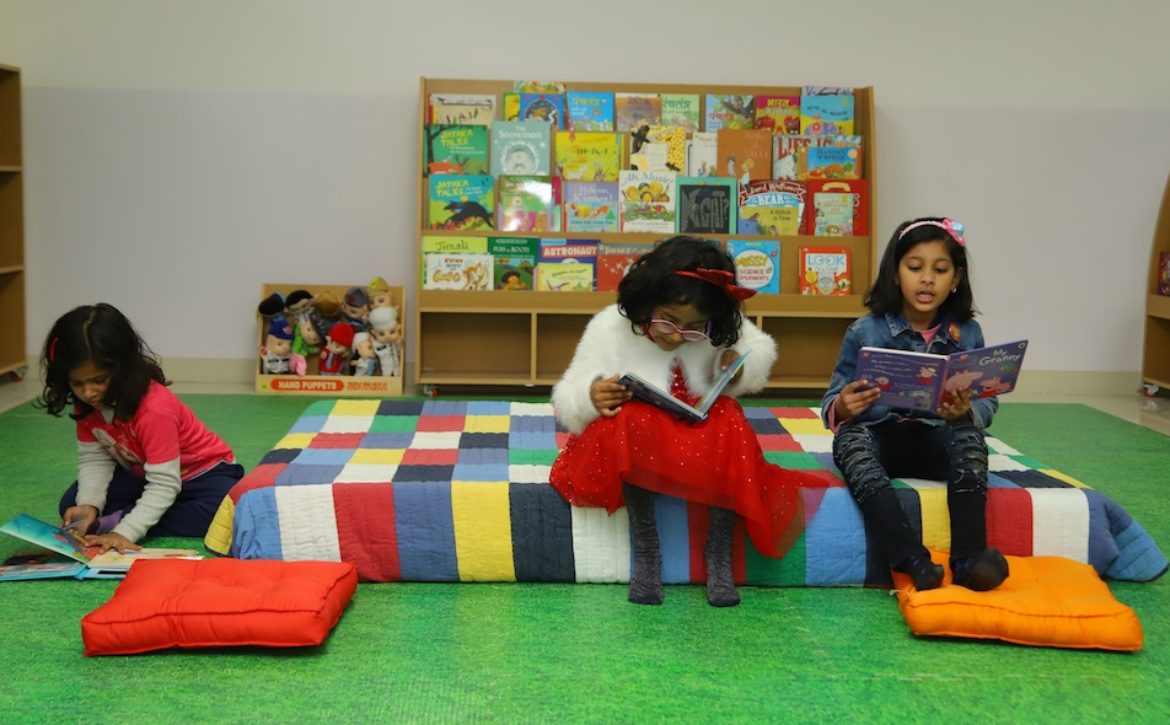Introduction
Supporting social and emotional development in preschool-aged children is a fundamental aspect of their early education. It lays the foundation for their overall well-being, mental health, and future success. In this article, we will explore how preschools play a crucial role in nurturing these vital skills and provide tips on choosing the best preschool for your little one.
Understanding Social and Emotional Development
Social and emotional development in preschoolers refers to their ability to understand and manage their emotions, build positive relationships, and effectively communicate. It’s a critical phase where children develop empathy, self-regulation, and social skills.
The Role of Preschool Education
Preschool education is the first formal environment where children learn to interact with peers and adults outside their family. It provides an excellent setting for fostering social and emotional growth. Preschools not only prepare children for academic success but also equip them with the emotional tools needed to navigate life’s challenges.
Creating a Nurturing Environment
Preschools should aim to create a nurturing and secure environment where children feel safe to express themselves. A supportive atmosphere is the cornerstone of social and emotional development. When children feel valued and secure, they are more likely to take risks in learning and social interaction. This nurturing atmosphere encourages exploration, curiosity, and the development of a strong sense of self.
Building Positive Relationships
Positive relationships with teachers and peers are essential for a child’s emotional growth. These connections help children feel valued, build trust, and establish a sense of belonging, which are crucial elements in developing a strong self-esteem and a positive self-concept.
Teaching Empathy and Emotional Intelligence
Teaching empathy and emotional intelligence equips children with the ability to understand and respond to the emotions of others. These skills are essential for forming healthy relationships both in childhood and later in life. Empathy is the foundation of compassion, tolerance, and cooperation.
Communication Skills
Effective communication skills are vital for a child’s social development. Preschool programs play a pivotal role in helping children develop these skills by encouraging them to express their thoughts and feelings. When children can express themselves clearly, it leads to better understanding and reduces frustration.
Problem-Solving and Conflict Resolution
Preschools should teach problem-solving and conflict resolution skills. These skills are essential for children to navigate the complexities of social interactions. When children learn how to resolve conflicts peacefully, they develop valuable skills that will serve them well throughout their lives.
Encouraging Play and Creativity
Play and creativity are crucial for social and emotional development. These activities allow children to explore their emotions, imagination, and social interactions in a safe and enjoyable manner. Play also fosters creativity, problem-solving, and teamwork, all of which are vital skills for life.
Parental Involvement
Parents play a significant role in their child’s social and emotional development. They can contribute by engaging with their child’s experiences at preschool, actively participating in school activities, and reinforcing the lessons at home. The collaboration between parents and preschools creates a cohesive support system for a child’s growth.
Tips for Choosing the Best Preschool
When choosing a preschool for your child, consider the following factors:
Location and Convenience: Ensure the preschool is easily accessible, reducing the stress of long commutes.
Accreditation: Look for accredited preschools with well-trained staff who understand child development.
Curriculum: Evaluate the educational programs and activities offered. A well-rounded curriculum that includes social and emotional development is essential.
Safety Measures: Confirm that the preschool has appropriate safety protocols in place, ensuring your child’s well-being.
Parental Involvement: Assess the level of parental engagement encouraged by the preschool.
Reviews and Recommendations: Seek feedback from other parents who have experience with the preschool. Online reviews and recommendations can provide valuable insights.
To simplify your search for the best preschool, consider using the keyword “Best Preschool Near Me” in online searches. This will help you find suitable options in your area, making the selection process more efficient.
Benefits of a Well-Rounded Education
A well-rounded preschool education that focuses on social and emotional development provides children with a strong foundation for their future academic and social success. The skills acquired during these formative years stay with children throughout their lives, making them more resilient and empathetic individuals. This early investment in social and emotional development pays dividends, not only in school but in all aspects of life.
Conclusion
In conclusion, supporting social and emotional development in preschool is a vital aspect of early childhood education. Preschools serve as the cornerstone for nurturing these essential skills, creating an environment where children can develop a strong sense of self, build positive relationships, and acquire the emotional intelligence needed to succeed in school and life. Parents play a critical role in this process, and selecting the right preschool is a key step.
